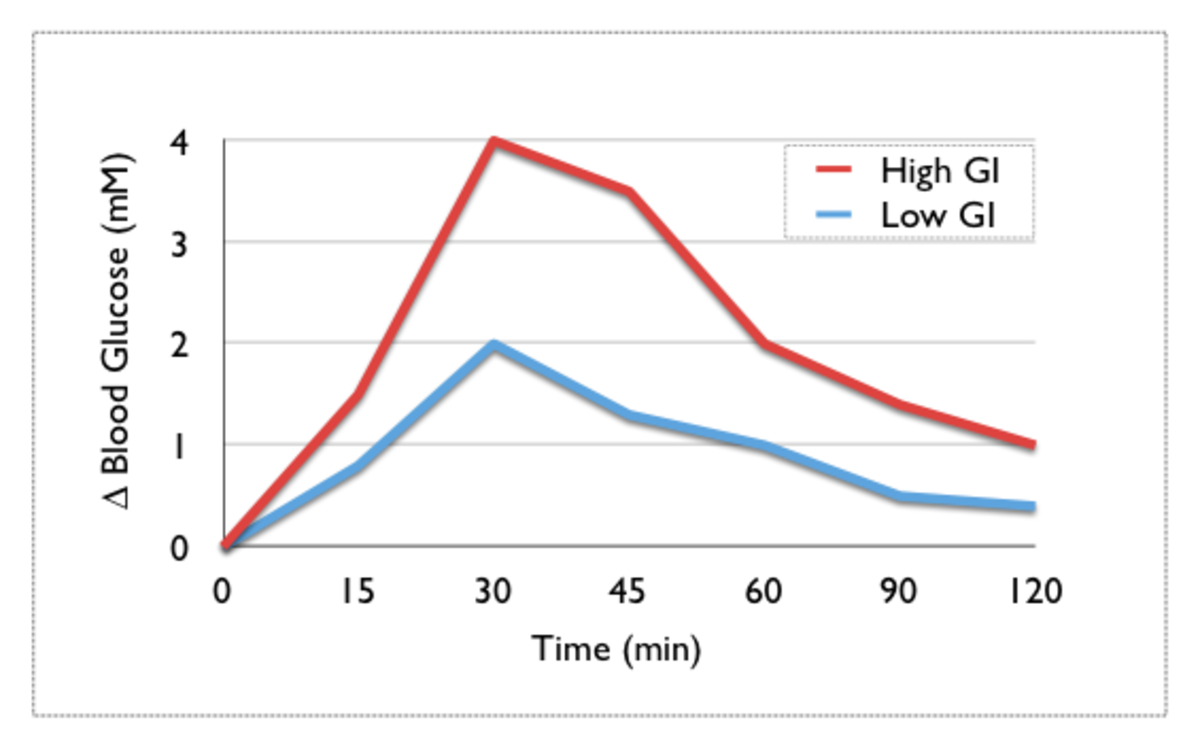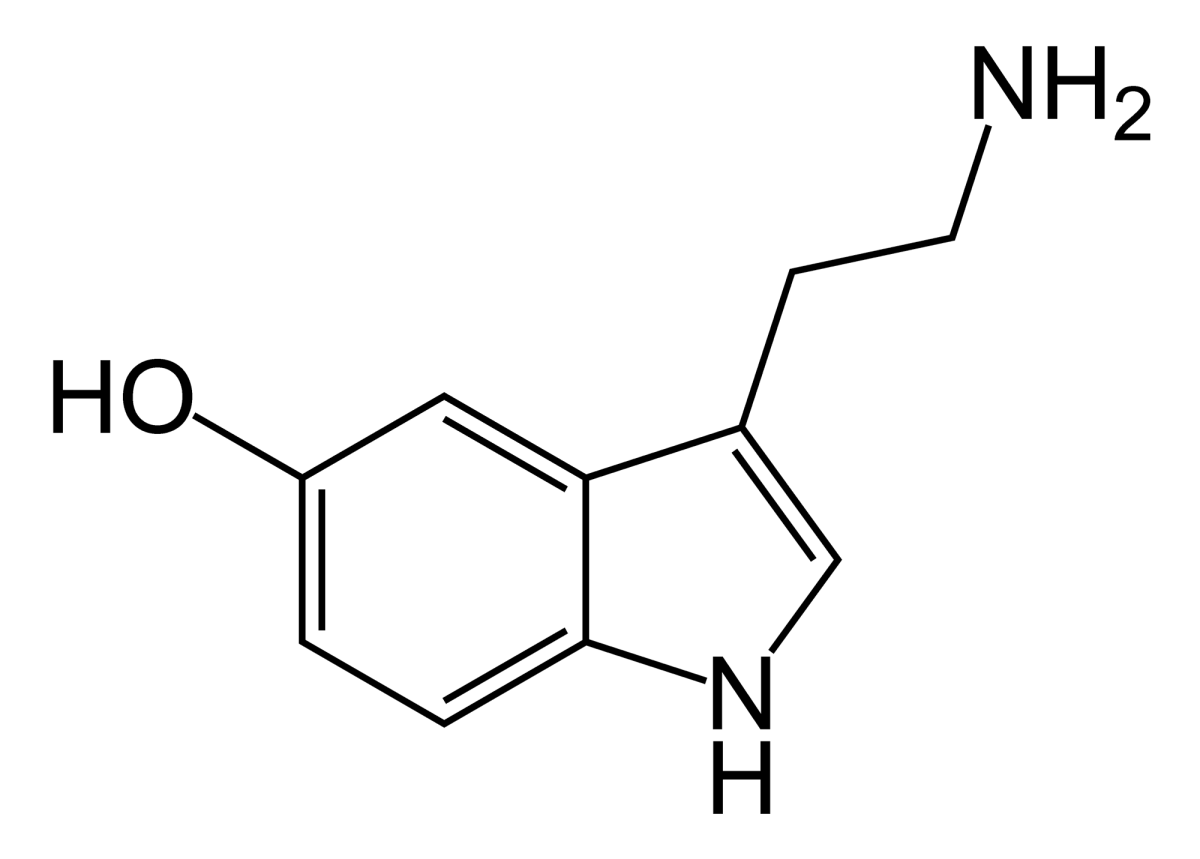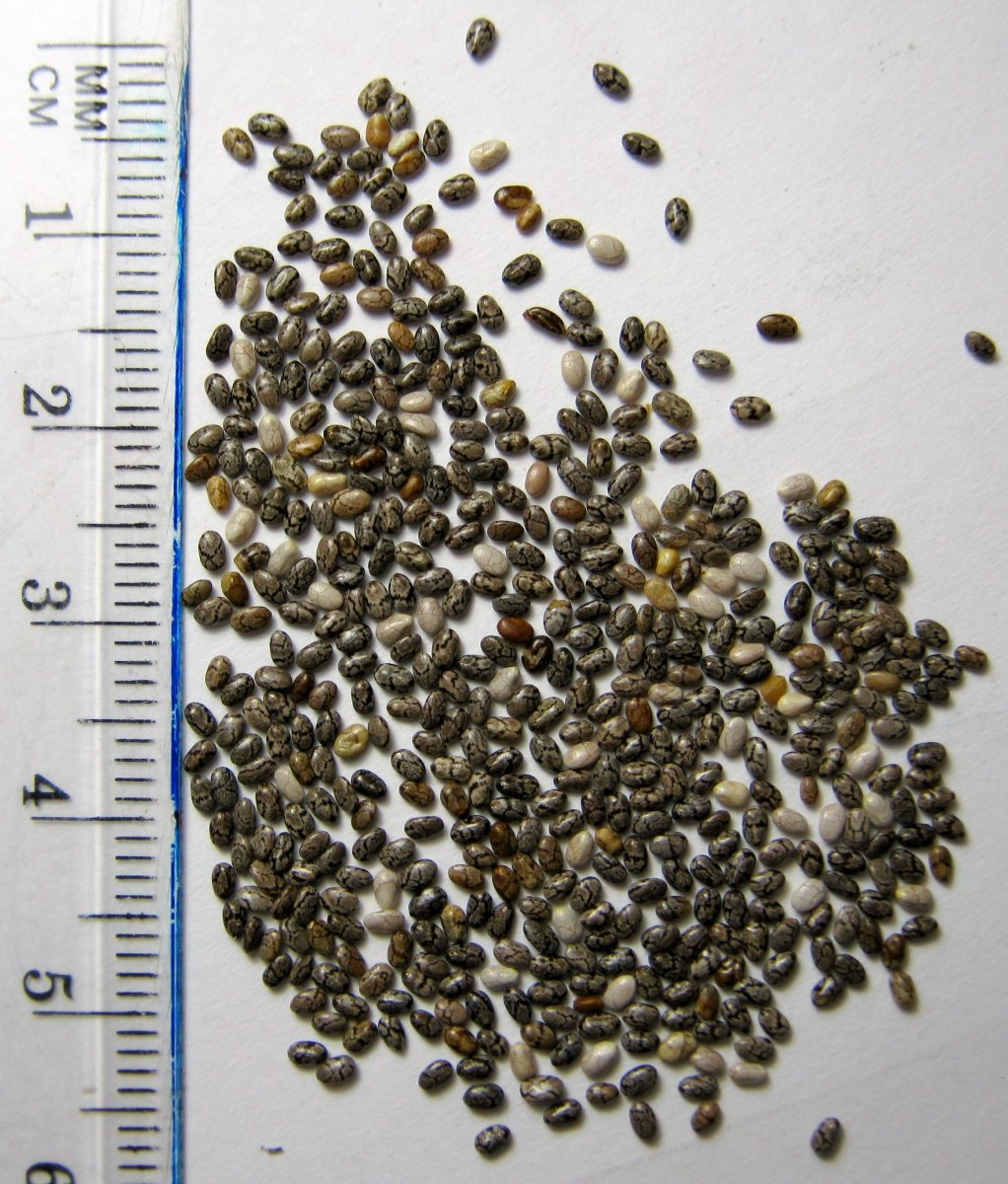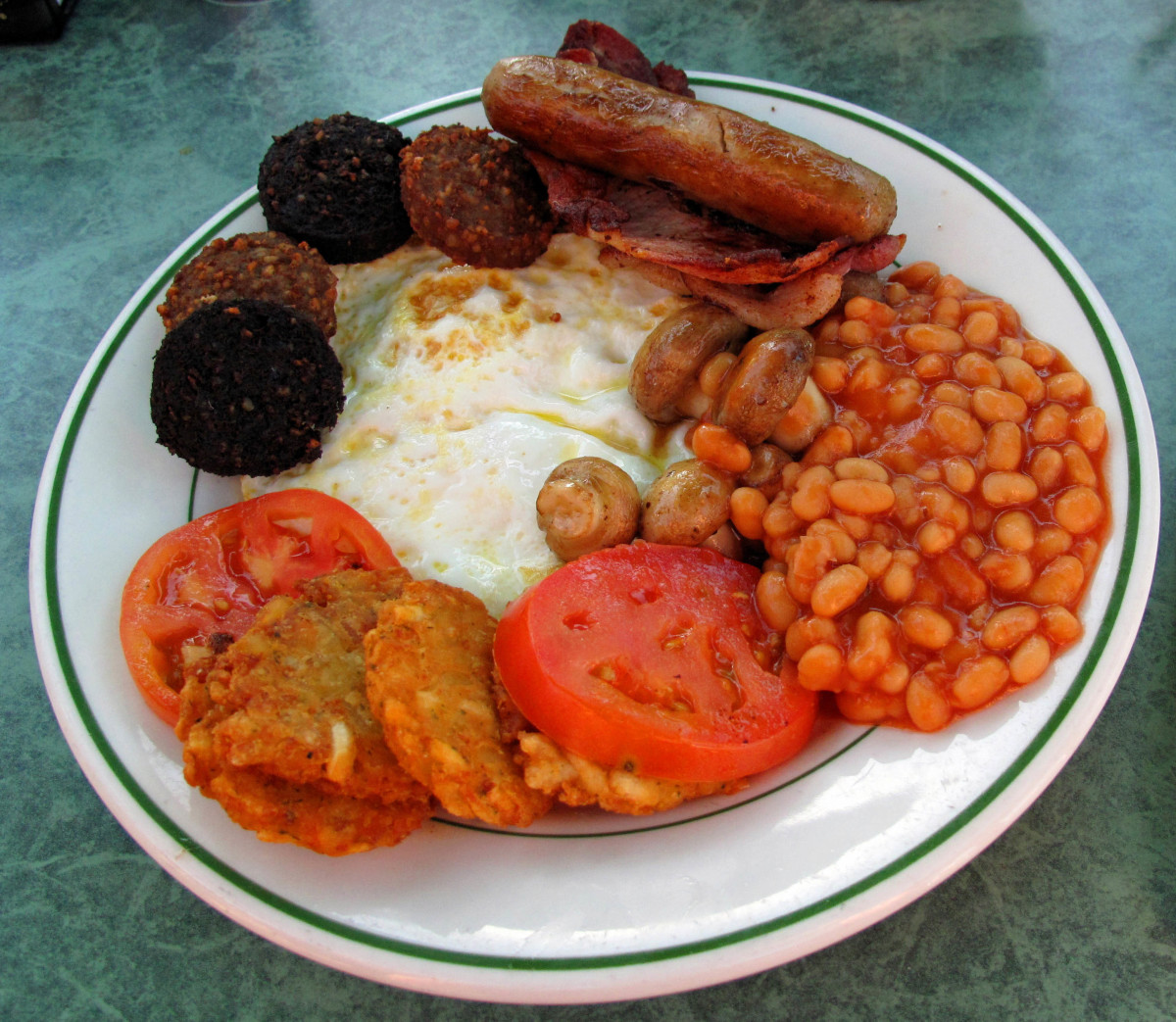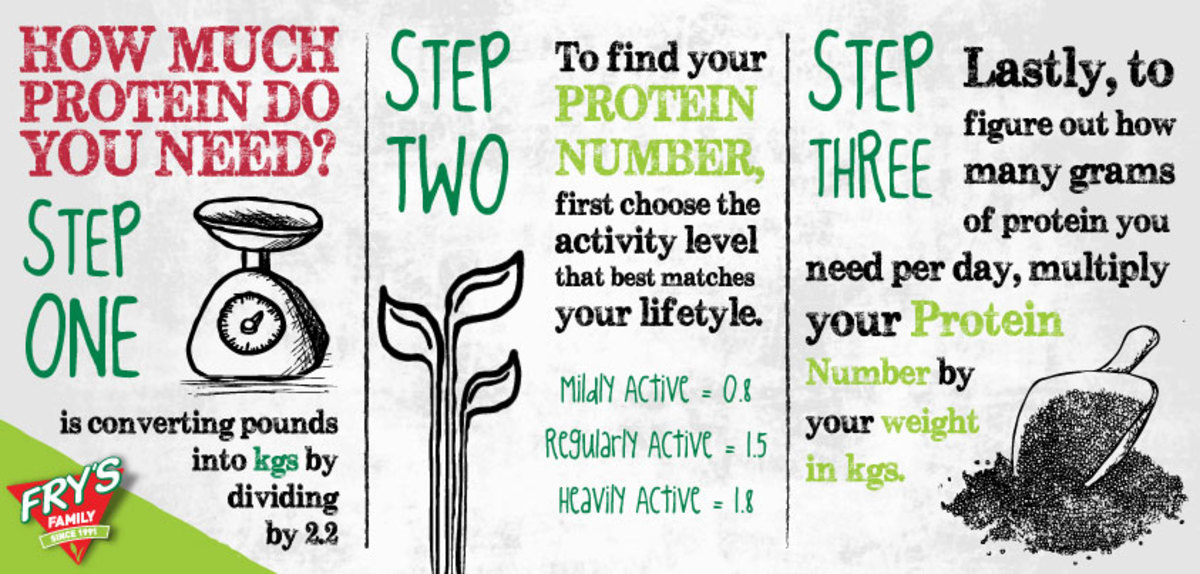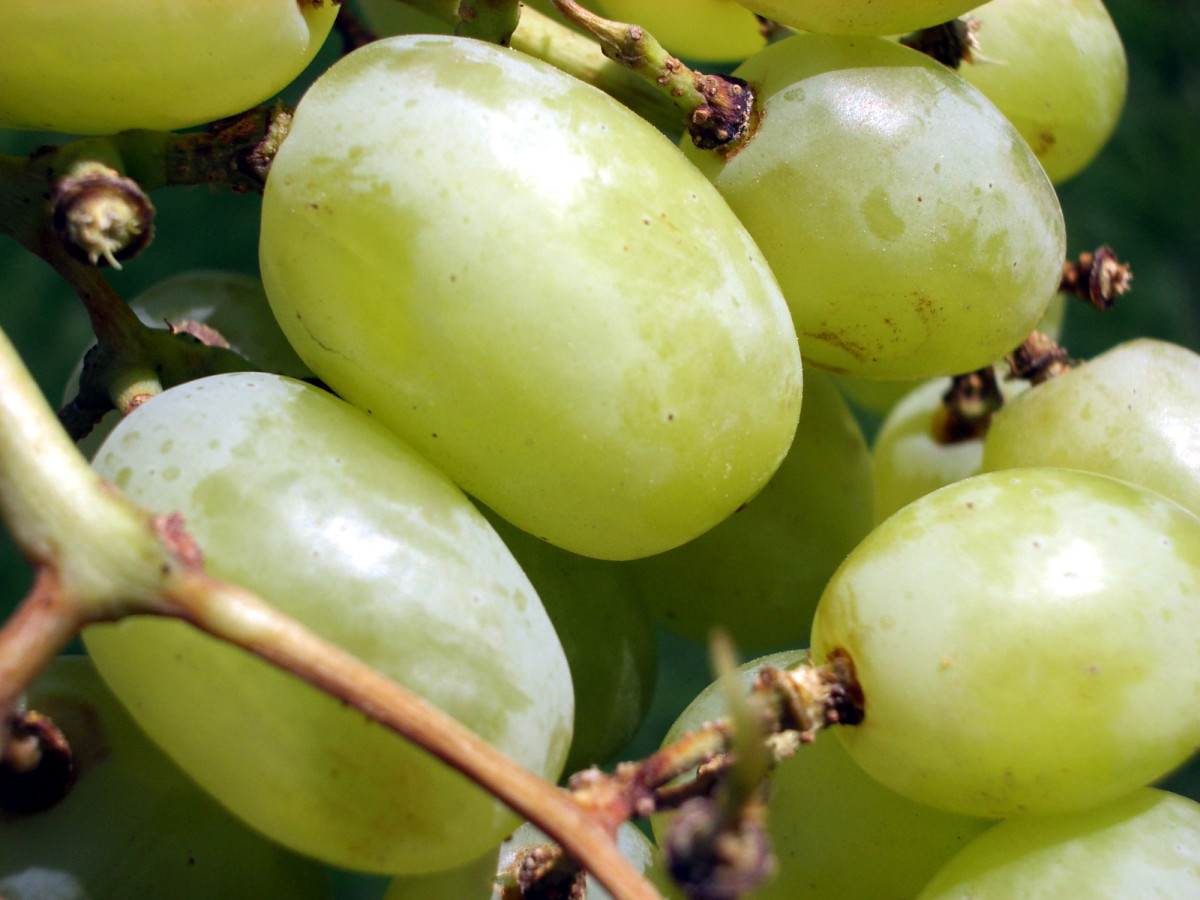Understanding the Causes and Reasons for Food Cravings
Before you can learn what steps you can take to overcome your food cravings and keep them under control you first need to understand the reasons behind your cravings. This is because our cravings have different causes.
Understanding Food Cravings
If you have never experienced a food craving you might think that food cravings are simply an inability to say no to a certain food due to a lack of willpower.
This is not the case.
A food craving is an intense and what feels to almost be uncontrollable need to eat a certain food. This need goes well beyond the normal feeling of hunger.
A craving for a particular food arises because the brain is receiving the wrong signal. The problem is that working out the underlying causes for the transmission of these incorrect signals, so that you can learn how to outsmart and curb food cravings, can take quite a bit of patience and detective work.
Food cravings are more likely to be experienced by women than men and women seem to have less ability to fend off these desires. It seems that the areas of the brain linked to food desire are more active in women.
Have you ever experienced a food craving?

What Part Of Our Brains Are Activated When We Crave Food
There are three areas of our brain that seem to be activated when a food craving occurs, the hippocampus, the insula and the caudate nucleus.
The hippocampus is the part of our brain which forms, organizes and store our memories and it connects our emotions and senses such as taste and smell to these memories.
The insula is actually in two parts and this is the part of our brain that identifies whether we are hungry or not or whether we are craving a particular food (or other substance).
The caudate nucleus is used for memory and learning and it is also active when our senses are sending information to our brain. It also helps regulate our bodies levels of dopamine, a feel good hormone which our bodies produce.
Research by the Monell Chemical Senses Center has shown that the memory areas of our brains are strongly activated when a craving arises. Our brain provides details from our memory of the food that will satisfy the craving which has arisen and only that food will be good enough to quell the craving.
Do you usually crave sweet or savory foods?

What Triggers Food Cravings In Our Brains
Current medical opinion has identified three key players which drive our cravings for food:
- Serotonin
- Cortisol
- Glucose
A craving for food may be triggered by an imbalance in one or more or these chemicals and they appear to be very closely linked.
Serotonin
Low levels of serotonin stimulate our cravings for carbohydrates and these low levels can be due to a large number of causal factors such as stress, depression, poor nutrition, food allergies, hormones and insomnia.
Low levels of serotonin cause us to crave carbohydrates because our bodies use carbohydrates to manufacture serotonin.
When we eat, the levels of serotonin in our system increase until it is sufficient to trigger the hypothalamus to tell us that we've had enough to eat and now need to stop. This means that if you increase your levels of serotonin you are likely to eat less and if you decrease your serotonin you are likely to eat more.
Dr Daniel Amen - Tips to Control Your Food Cravings - Part One
Dr Daniel Amen - Tips to Control Your Food Cravings - Part Two
Cortisol
The levels of cortisol required by our bodies varies throughout the day. The lowest levels are at night when we are asleep but they gradually increase towards morning when we need to wake up and then decline again over the remainder of the day. So ideally our cortisol levels should follow this daily rhythm and not be consistently high or low.
Cortisol is different from serotonin as both high and low levels drive our need to eat. High levels stimulate hunger and low levels leave us feeling tired and lacking in energy and seeking a pick me up very often in the form of a sugary treat.
Stress is the main reason for us to have high levels of cortisol and low levels are caused by adrenal failure or fatigue.
Glucose
Low blood sugar levels are a common trigger for food cravings. Low glucose levels can be caused by diabetes but they can also be caused by dieting as going without food for too long or not eating enough food can both cause our blood sugar levels to drop.
Common Causes of Food Cravings
There are a number of common circumstances which lead to us suffering from food cravings.
- The female monthly hormone cycle
- Dieting
- Stress
- Underlying medical conditions
- Poor diet
Female Monthly Hormone Cycle
The increases and decreases in various hormones in a woman's monthly cycle not only drive the cravings for food they also determine what types of food will be uncontrollably yearned for.
As the levels of estrogen rise and fall so does the cortisol - the fight or flight hormone and when levels of cortisol are high this stimulates the appetite for fats and carbohydrates.
Serotonin is also often adversely affected by the monthly hormone cycle and low levels of serotonin also trigger cravings for carbohydrates because our bodies use carbohydrates to make serotonin.
High levels of cortisol with low levels of serotonin drive us to eat simple carbohydrates such as chocolate in order to provide a quick sugar fix that will drive up the levels of serotonin. High levels of cortisol with normal levels of serotonin normally drive us to eat foods containing both fat and carbohydrates, but without the quick sugar fix.
Some women also experience low blood sugar levels in the 2nd half of the cycle and this can also drive the desire for a quick sugar fix in just the same way as low levels of serotonin.

Dieting
One of the reasons we experience food cravings when we are dieting is due to our bodies natural reaction. It equates a lack of food with danger of starvation and sends messages to our brains telling us to eat something now!
Also when we are dieting we often tend to eat very bland food and we also tend to be quite repetitive - research shows that boredom can create cravings, as can trying not to think about a certain food.
What food do you crave most often?
Stress
Stress drives our appetites and desires for food. It affects the foods we eat and how well we digest and absorb those foods and for some food is the mechanism that they use to cope with their stress. These people turn to food when they are feeling down, they've had a particularly difficult day at work or looking after the children or when a relationship breaks up. They are often referred to as emotional eaters
Stress increases our levels of cortisol which also drives us to eat foods containing fats and carbohydrates.
Underlying Medical Conditions
If your cravings appear very suddenly or come on very strongly or are accompanied by other physical symptoms it is important for you to consult your doctor so that they can rule out underlying medical conditions such as one of those listed below:it is a
Depression - When we are feeling low our serotonin levels are also low and low levels of serotonin lead us to eat foods high in carbohydrates. Eating carbs is our body's attempt to self medicate our depression.
Hypoglycemia - If you are suffering from unstable blood sugar levels when your blood sugar levels drop your body will lead you to crave foods that are high in carbohydrate and sugar.
Adrenal failure - Our adrenal glands are responsible for the production of cortisol and certain medical conditions such as Addison's Disease or Adrenal Cortex Disease mean that insufficient quantities of cortisol are produced.
Medication for an underlying medical condition - Certain drugs can stimulate our appetite or cause problems with our blood sugar levels If you think that any of your medication is influencing your appetite you should discuss this matter with your doctor or pharmacist as they may be an alternative medicine that you could take which doesn't have these side effects.
What do you think causes your food cravings?
Poor Diet
A poor diet can lead to us having deficiencies in various vitamins and minerals. Deficiencies in Magnesium, Chromium, Carbon, Phosphorus, Sulfur and Tryptophan have been linked to food cravings.


